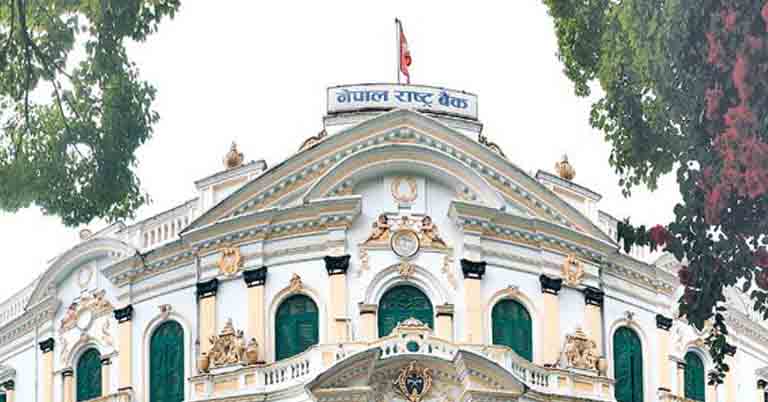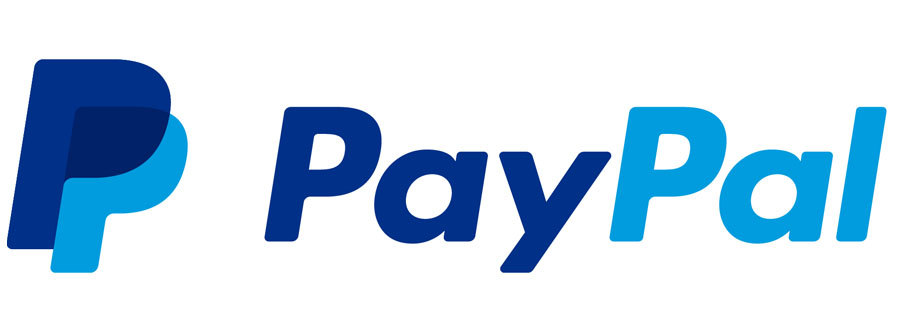
Time and again, digital entrepreneurs have highlighted the need for a good international payment system in Nepal. After the news of the Governor of Nepal Rastra Bank, Mr. Maha Prasad Adhikari hinting at the development of an international payment system made rounds, it had all of us hyped about what’s to come. And now, its progress has been set in stone after a detailed proposal of what an international payment system in the country should look like has been submitted to officials at NRB.
International Payment System in Nepal: Preface
Mr. Adhikari was invited to the first session under the Fonepay Digital Economy Conclave. The event was on the topic “When is Nepal going to be digital?” Towards the end of the session, the Governor was asked about the international payment system. And when we could expect it in Nepal.

In his response, the Governor said that he was well aware of the situation; and what it means for aspiring entrepreneurs and students to have access to the international payment system. But first, he added, it is important to have a robust system void of any kind of loophole. Likewise, NRB also addressed the international payment system in the first-quarter review of Monetary Policy (2020-2021).
What’s it like now
As of now, Nepalese citizens with passports can carry up to USD 1,500. This is to allow them to make payments abroad. Similarly, debit/credit cardholders in the country can purchase goods (that are legal according to the upholding Nepalese law) worth up to USD 2,000 (or its equivalent amount in other currency) from foreign countries.
However, under article 9 of 07/2076 and 12/2076 unified license circular, commercial banks can exchange up to USD 3,000 (or its equivalent amount in other currency) on behalf of their clients to pay for goods and services from abroad. Similarly, for transactions upwards of USD 3,000 up to USD 10,000, the said banks would require the approval; of the regulatory commission.
What’s that resulted in
But because of the existing provisions, most people are unable to pay for foreign goods or services since the said regulations don’t account for online transactions. With the massive boom in the digital economy throughout the world, leaving this stone untouched definitely came with a few big problems.

- Read more about existing methods of making an international payment from Nepal in this helpful article from our friends at Delta Digit.
Because such a system is a major driving force of the international market, some people look to make use of different payment gateways; like PayPal, Payoneer, etc. of their friends, families, and relatives. While this does serve the process to one disproportionate half of the population, the other half had to rely on middle-men for the same. As a result, this gives rise to the fall in purchasing power. Besides, this “Digital Hundi” is also a scar to the national economy. The government has no means of keeping track of its citizens’ spending; all the while local currency effortlessly flies abroad.
The proposal for an international payment system in Nepal
And now, a proposal for an international payment system has been drafted and submitted for consultation in Nepal Rastra Bank. The draft proposes a system where Nepalese commercial banks can issue a Prepaid Card worth up to USD 500 (annually) to the public for making transactions on unsanctioned foreign goods/services. We have listed different points of the said proposal below:
Proposal:
- To issue a prepaid card for an individual, institution, firm, or organization, the said party should first fill up and submit their KYC and PAN details.
- Commercial banks can deposit up to USD 500 (or its equivalent amount in other currency) on the request of their customers; based on the exchange rate of the requested date. Before making the deposit, the bank should adjust the appropriate taxes in advance.
- Throughout the year, a user can make transactions worth up to USD 500 only.
- Users will be strictly restricted from buying goods/services that are deemed illegal by the upholding Nepalese law.
- In case the user has indulged in transactions worth less than USD 500 throughout the past year, the bank can make the next deposit not exceeding the stated amount at any time.
- If the user delivers proof that s/he has earned at least twice the deposited amount, then the user can deposit an additional amount on their Prepaid Card.
- One user cannot avail of the service from more than one bank. If found doing so, then s/he will be subjected to the action based on the existing Foreign Currency Act. Neither can a user deposit international currency in another person’s name/card.
- This system lies on top of the Money Laundering Prevention Act, 2064. So, the user will have to follow all the regulations directed by the act.
- The bank should submit the card, transaction details of its users on a monthly basis; with one week’s buffer period.
Final Words
So, as you can see, the proposals for an international payment system in Nepal is definitely a positive step. You can read the official proposal here. What’s left to see is how NRB handles the proposal, modifies it as it sees fit; and finally introduces an international payment system in Nepal. Fingers crossed for positive news anytime soon!







![Best Gaming Laptops in Nepal Under Rs. 250,000 (रु 2.5 Lakhs) [2025] Best Gaming Laptops Under 2.5 lakhs in Nepal [Feb 2025 Update]](https://cdn.gadgetbytenepal.com/wp-content/uploads/2025/02/Best-Gaming-Laptops-Under-2.5-lakhs-in-Nepal-Feb-2025-Update.jpg)
![Best Gaming Laptops in Nepal Under Rs. 120,000 (रु 1.2 Lakhs) [2025] Best Budget Gaming Laptops Under Rs 120000 in Nepal 2025 Update](https://cdn.gadgetbytenepal.com/wp-content/uploads/2025/05/Best-Budget-Gaming-Laptops-Under-Rs-120000-in-Nepal-2024-Update.jpg)
![Best Laptops Under Rs. 80,000 in Nepal [2025] Best Laptops Under 80,000 in Nepal March 2025 Update](https://cdn.gadgetbytenepal.com/wp-content/uploads/2025/03/Best-Laptops-Under-80000-in-Nepal-March-2025-Update.jpg)
![Best Gaming Laptops in Nepal Under Rs. 200,000 (रु 2 Lakhs) [2025] Best gaming lapotp under 2 lakhs Nepal Feb 2025](https://cdn.gadgetbytenepal.com/wp-content/uploads/2025/01/Best-Gaming-Laptops-Under-2-Lakh-Nepal-Feb-2025-Update.jpg)

![Best Mobile Phones Under Rs. 15,000 in Nepal [Updated 2025] Best Phones Under 15000 in Nepal 2024 Budget Smartphones Cheap Affordable](https://cdn.gadgetbytenepal.com/wp-content/uploads/2024/03/Best-Phones-Under-15000-in-Nepal-2024.jpg)
![Best Mobile Phones Under Rs. 20,000 in Nepal [Updated] Best Mobile Phones Under NPR 20000 in Nepal 2023 Updated Samsung Xiaomi Redmi POCO Realme Narzo Benco](https://cdn.gadgetbytenepal.com/wp-content/uploads/2024/01/Best-Phones-Under-20000-in-Nepal-2024.jpg)
![Best Mobile Phones Under Rs. 30,000 in Nepal [Updated 2025] Best Phones Under 30000 in Nepal](https://cdn.gadgetbytenepal.com/wp-content/uploads/2025/01/Best-Phones-Under-30000-in-Nepal.jpg)
![Best Mobile Phones Under Rs. 40,000 in Nepal [Updated 2025] Best Phones Under 40000 in Nepal 2024 Smartphones Mobile Midrange](https://cdn.gadgetbytenepal.com/wp-content/uploads/2024/02/Best-Phones-Under-40000-in-Nepal-2024.jpg)
![Best Mobile Phones Under Rs. 50,000 in Nepal [Updated 2025] Best Phones Under 50000 in Nepal](https://cdn.gadgetbytenepal.com/wp-content/uploads/2025/01/Best-Phones-Under-50000-in-Nepal.jpg)
![Best Flagship Smartphones To Buy In Nepal [Updated] Best flagship phone 2025](https://cdn.gadgetbytenepal.com/wp-content/uploads/2024/07/Best-Flagship-Phones-who-is-it-ft-1.jpg)